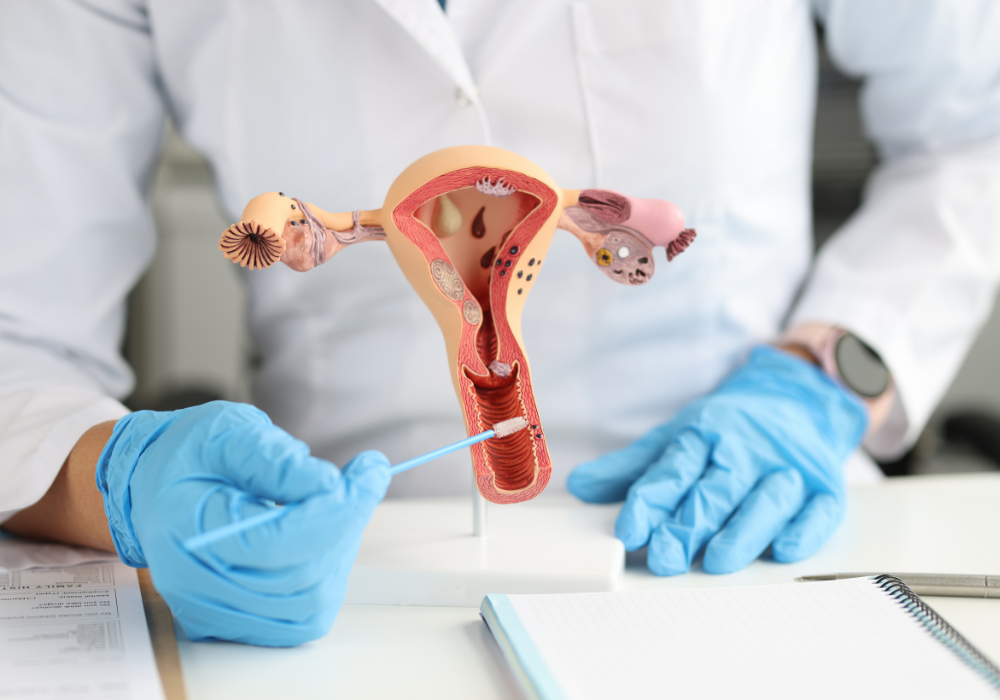
Prolonging your ability to have children is increasingly becoming a real option, whether you make this choice because of a cancer treatment, a different medical reason, or because you wish to delay having children until later in life.
At Venus Womens Clinic & IVF Centre we offer fertility preservation service to enable you to protect and preserve sperm, eggs and embryos for the future, so when the time is right, we’ll be here to help you to achieve the best pregnancy outcomes.
Fertility preservation is beneficial in various circumstances, including where:
Sperm freezing and storage is the procedure whereby sperm cells are frozen to preserve them for future use. Scientists freeze the sperm using a special media, then keep sperm in liquid nitrogen at minus 196oC, which can be stored for many years while maintaining a reasonable quality.
There are many situations that could interfere with your future fertility. These may include:
Frozen sperm can be used for Intra-Uterine Insemination (IUI) if its post-thaw quality is good enough. If the sperm quality is reduced due to illness or other factors, it might be necessary to undertake In Vitro Fertilisation (IVF) and Intracytoplasmic Sperm Injection (ICSI), a specialised form of IVF whereby individual sperm is injected directly into the eggs.
Egg freezing involves a woman’s mature eggs being developed and removed using standard IVF treatment techniques. This process typically involves three stages of treatment: pituitary suppression, ovarian stimulation and egg retrieval.
Five main groups of women seek this reproductive service:
Embryo cryopreservation or embryo freezing is the process of freezing and storing the extra embryos for future use. Cryopreservation of embryo is often a part of IVF (in-vitro fertilization) programs.
Embryo cryopreservation or embryo freezing also gives an additional opportunity for pregnancy, through Frozen Embryo Transfer (FET). This way the women don’t have to undergo another ovarian stimulation and retrieval process.

Need help? Our team is just a message away